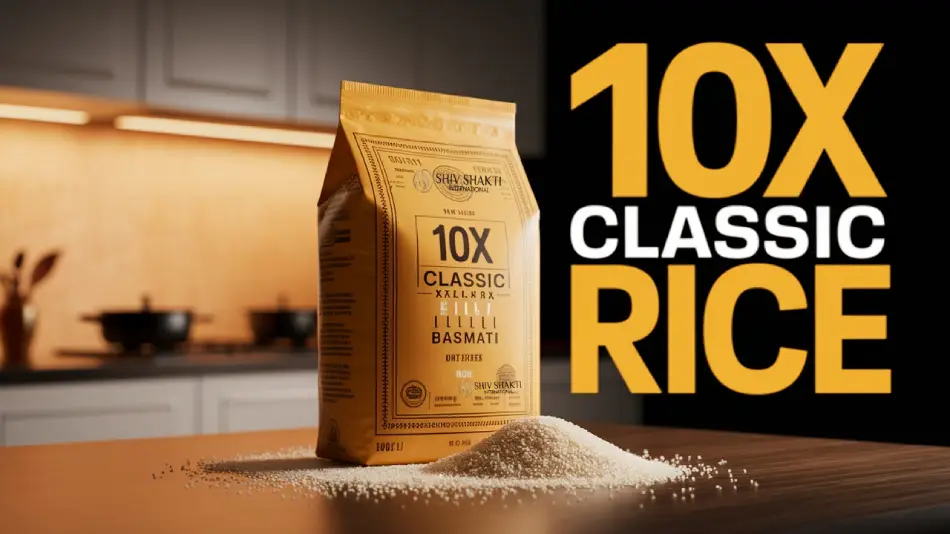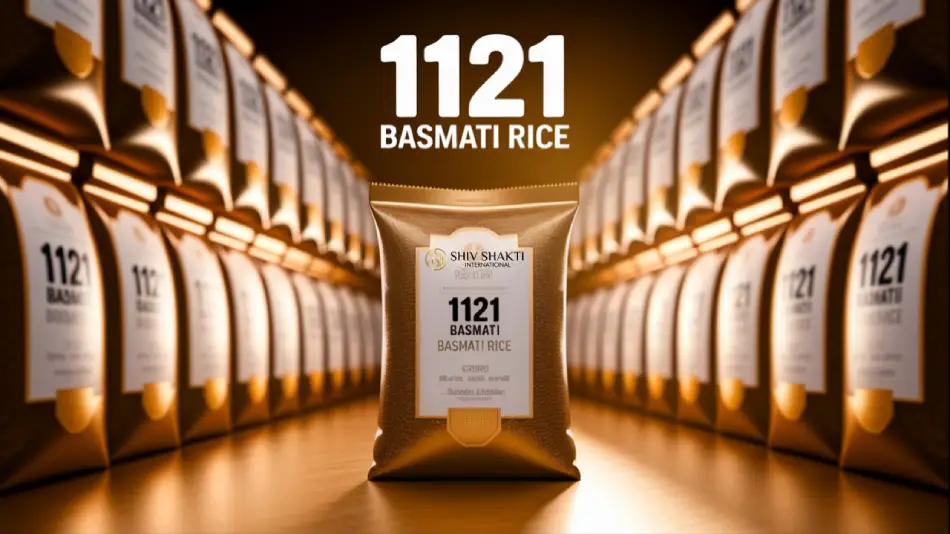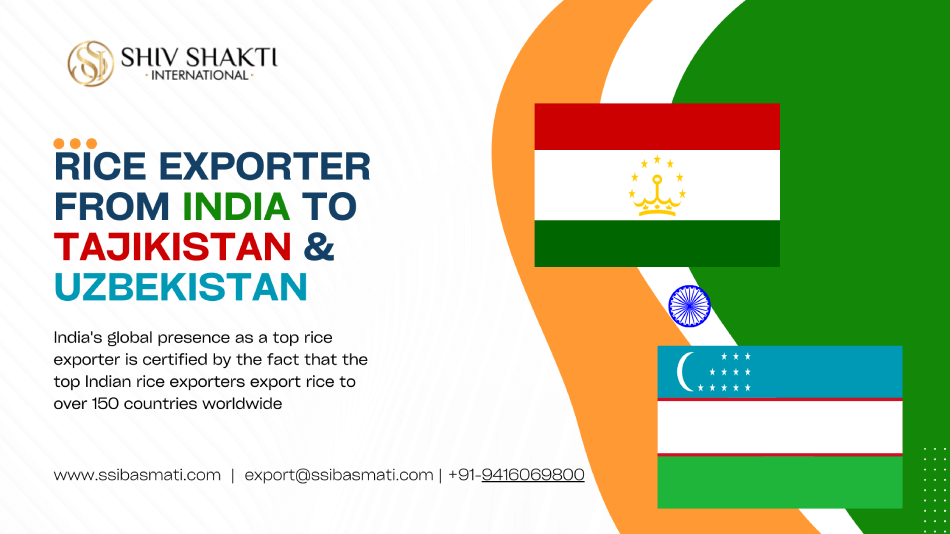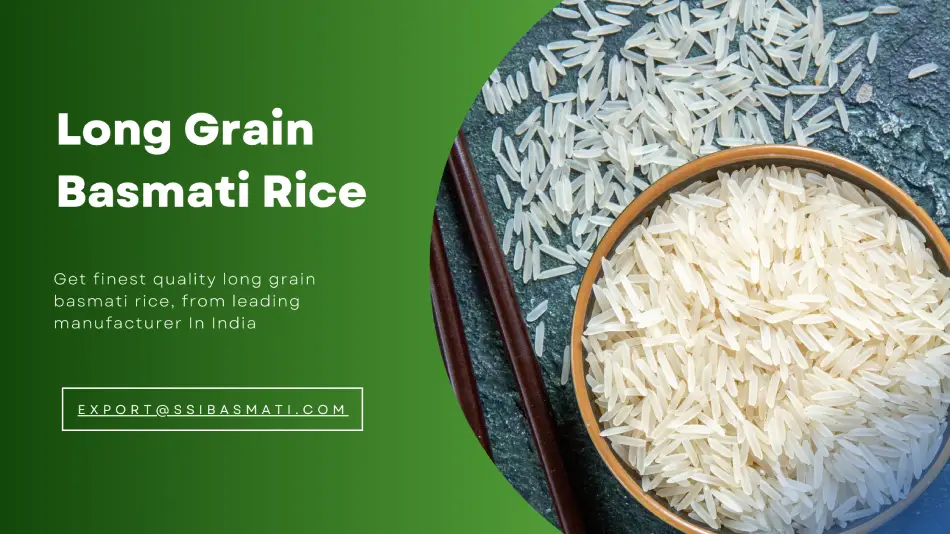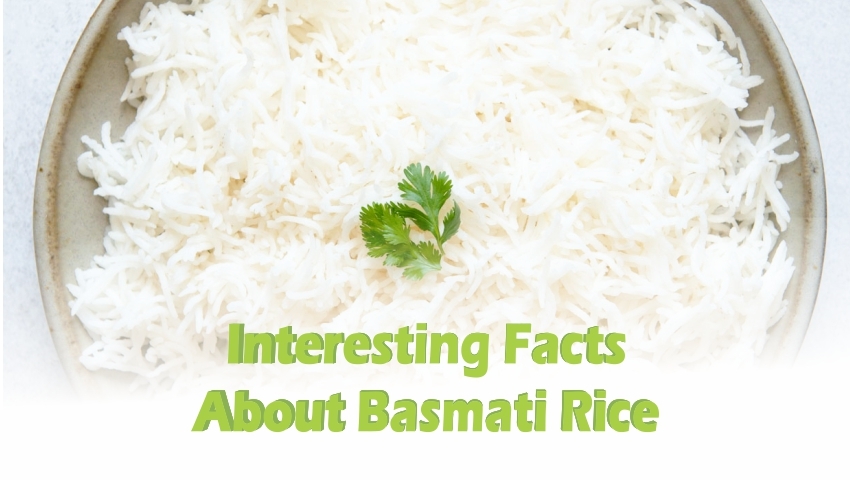
Basmati rice suppliers in India is the producer of the world's finest long grain aromatic basmati rice.
Basmati, the king of rice, is held in the highest position among all other grains. Among all the other varieties of rice, no other rice types have distinctive long grains or the subtle aroma for which this grain is considered so special.
Rice is considered the most important human food crop that feeds more people than any other crop. It takes birth in the most fertile valleys and plains of Himalaya. It is harvested with delicate care, aged to perfection, and then processed. The result is an extra-long, white, delicate grain with a pleasant aroma.
You probably have thought about the rice that it’s just a cooking staple in kitchen, right? But it is more than that. In fact Rice has an incredibly long history and some of its details are fascinating. You probably may be unaware of the fact that April 19th is National Rice Ball Day.
Besides that, there are many facts about rice that makes the basmati rice so special. Some important facts are given below:
Common facts you probably know:
- Haryana is considered the largest state in India for the cultivation of basmati rice, which produces more than 60% of the total basmati rice production in India
- Rice can be white, yellow, golden, brown, purple, red, or black in color. All varieties of rice are divided into three major categories based on the size of grain: long, medium, and short. Medium and short types are sticky due to the high content of starch.
- Uncooked white rice can stay fresh and edible for anywhere between 10 and 30 years (but stored properly). However, uncooked brown rice has a shelf life of just three to six months because of its bran coating which never removed during the processing period and it tends to oxidize within this time.
- All white rice came from brown rice. It’s just that the white rice’s outer bran layer is polished to make the rice taste better.
- Rice cultivation needs approximately 5,000 liters of water just to produce 1 kilogram of rice.
Nutritional facts:
- Basmati rice contains magnesium that contributes to the support functions of the nervous system. In addition to selenium which provides strengthens the body's immunity and protects it from injury of various diseases.
- Studies reveal that Basmati rice prevents the formation of harmful fat layers around the arteries and prevents the deposition of cholesterol inside them, which reduces the chances of heart disease and vascular disease.
- Basmati rice contains a very small amount of fat and very high amounts of useful carbohydrates which is good for health. However, take basmati rice in the right proportions never be harmful to health.
- Rice doesn't have sodium or not any other kind of fat. It is totally gluten-free.
- Basmati is a good source of vitamins and including niacin and thiamine that keep the digestive system in good health.
Traditional facts:
- As per Indian tradition, rice is the first meal that a wife serves to her husband after their marriage, but it is also the first food given to newborn babies, as it’s considered auspicious for future prosperity.
- Rice symbolizes life and fertility. In the wedding ceremony, after the blessing of the bride and groom, it is traditional in all cultures to throw grains of rice over the heads of the newlyweds in order to wish them prosperity and fertility in the future.
Interesting facts about rice:
- Rice is grown in almost every part of the world, except in Antarctica.
- Oryza Sativa is the scientific name for Asian rice, from which all commercially-produced rice comes, can boast over 40 000 varieties of rice that differ in size, texture, color, and taste.
- Rice can be used as a piece of jewelry. Even though it is small in size, the grain of rice can be modified with an individual's name. That grain can be used as a necklace after it is placed in the glass tube.
- In most developing countries, the growth of rice is the same as food security and is closely linked to political stability.
- Rice Company in India reveals - Amylose is the crystallized form of starch, consisting of long unbranched carbohydrate molecules. If rice is rich in amylose, it will not stick together after cooking – instead of appearing like loose grains. A good example of amylose-rich rice is basmati rice.
Wrap up
After getting known about the rice facts, hope you come to know how rice crop is an important food crop as it provides 21% of global human per capita energy and 15% of per capita protein. That's why Rice holds a special place for rice consumers. The rice offered by the Basmati rice exporters in Haryana, India is widely known for its unique aroma and amazing taste and cultivated carefully to retain its nutritional values. If you are looking for the best rice at affordable prices you can contact basmati rice suppliers in India.
